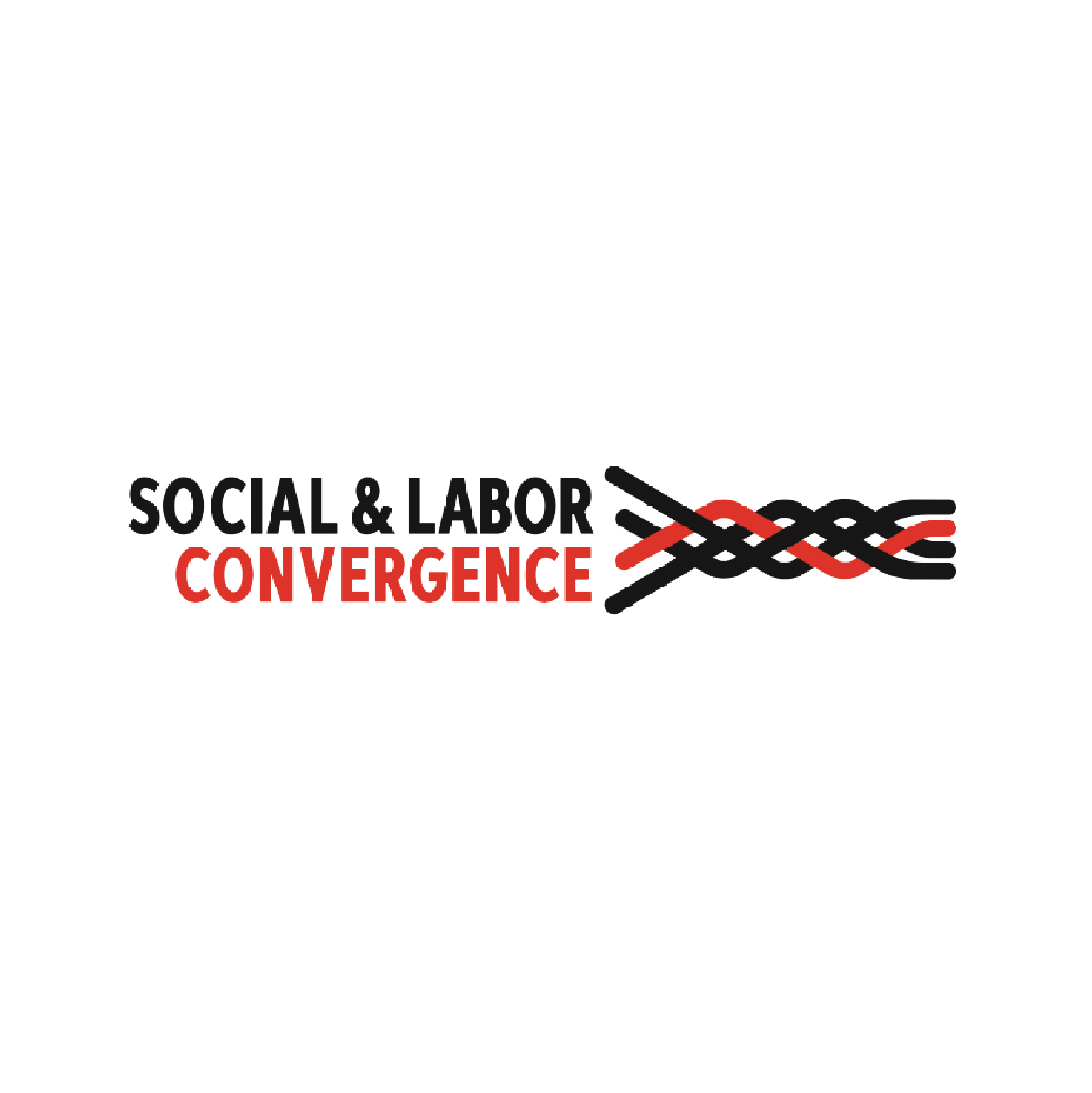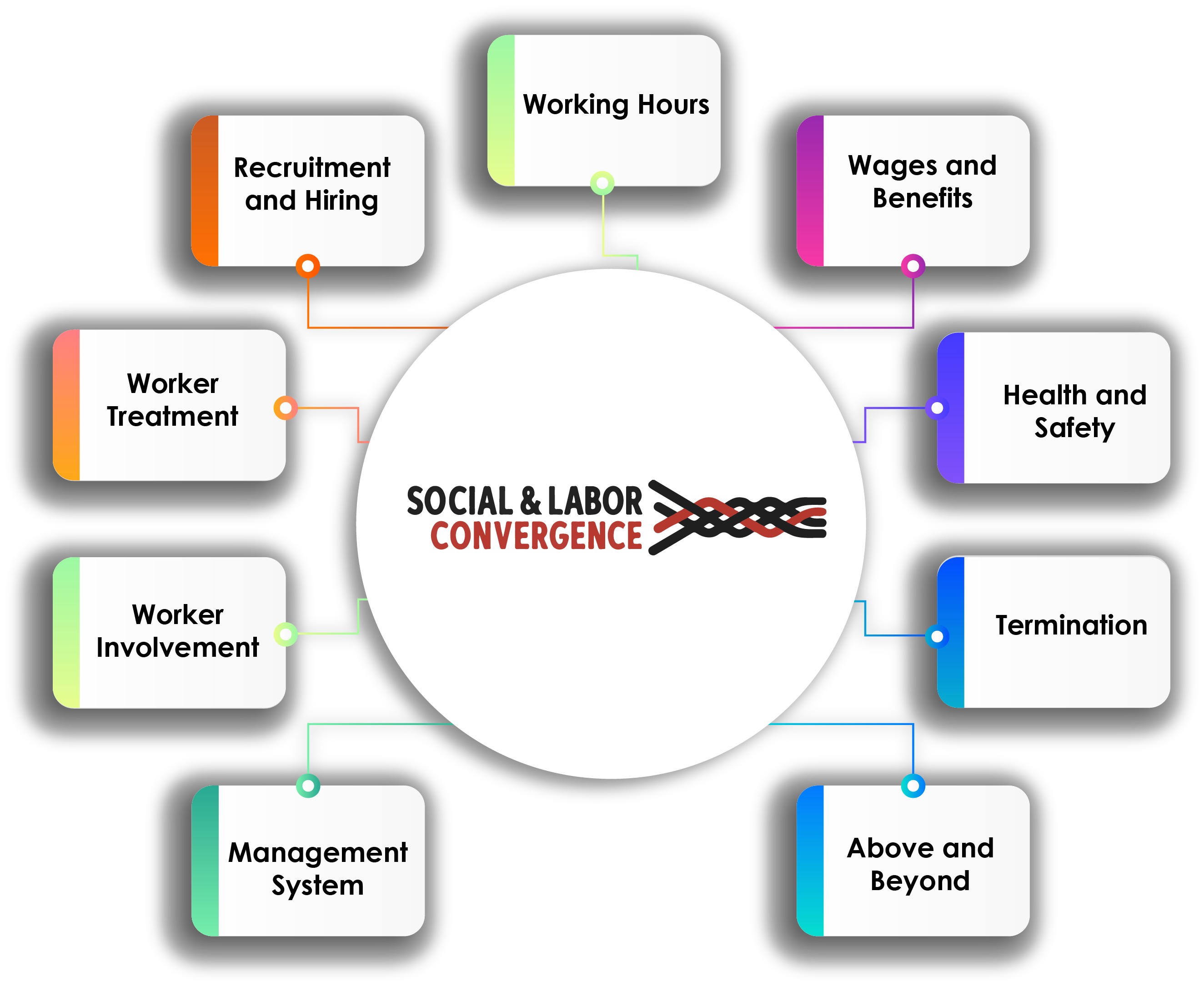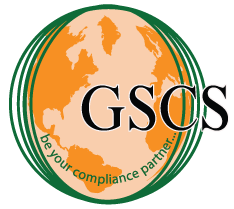
Optimizing Supply Chain Transparency through SLCP Audits
Introduction: SLCP Audits, or Social and Labor Convergence Programs, allow businesses to idealize and follow ethical social and labor practices across their entire supply chain. Due to the ever-growing consumer consciousness and regulatory pressures, brands are now forced to adopt sustainable and ethical practices across their supply chains. The (SLCP) audits have developed into an important instrument to improve the transparency of the supply chain and nurture stakeholder trust.
The objective of SLCP is to improve social and labor conditions by reducing the number of social and labor audits. This eliminates audits fatigue, enables data comparison, and frees up resources for improvement programs.
This article covers everything, including SLCP audits, their importance in the supply chain, and how to implement them within an organization using an SLCP gateway, an SLCP audit checklist, and processes.

What is SLCP? Understanding the Social & Labor Convergence Program
The Social & Labor Convergence Program (SLCP) is an extraordinary global initiative that aims to streamline social compliance audits across industries efficiently. It utilizes an exceptional standardized assessment tool called the SLCP Convergence Assessment Tool (CAT) to thoroughly evaluate a remarkable range of labor and social criteria in factories. These brilliant criteria include:
- Working hours
- Wages and benefits
- Health and Safety
- Forced labor and child labor
- Freedom of association
By using a standard assessment tool, SLCP brilliantly reduces audit fatigue and redundancy. Brands and manufacturers can now wave goodbye to multiple, often inconsistent, audits. Instead, they can rely on a single, comprehensive assessment, providing more accurate and reliable data! This remarkable standardization not only boosts operational efficiency but also dramatically enhances transparency in supply chain management.
Importance of Transparency for Supply Chains
Supply chain transparency ensures responsibility throughout the purchasing steps, starting from raw materials procurement, converting them to finished goods, and ending with the product sale. It is crucial to:
Enhancing and Retaining Customer Loyalty: Today's customers are willing to pay extra for ethically produced products, thereby increasing brand loyalty and growth.
Reducing Risks: Transparency helps identify and correct labor violations and safety issues in a timely manner.
Achieving Compliance: Following laws related to labor and environmental policies reduces the chances of being fined or litigated.
Gaining Investor Trust: Ethical sourcing enhances investment from socially responsible investors.
Benefits of SLCP Audits for Supply Chain Transparency
Efficient Data Storage
The SLCP system does away with multiple audits due to its integrated assessment system. This prevents overlaps in information and cuts down processes for stakeholders by enabling them to focus on actionable insights.
Increased Trust
The trust between buyers and sellers is heightened by verified data provided through the SLCP Gateway, which ensures that labor and social conditions reported as being in existence are indeed accurate.
Reduced Costs
Significant funds are often consumed with traditional audits. With SLCP, expenditure is lowered dramatically, which gives these firms a chance to allocate more resources to improve the workplace environment.
Alignment with Global Standards
SLCP works along best-known practices like ILO Conventions and UN Guiding Principles so businesses can achieve international compliance standards.
SLCP Audit Checklist and Steps for Success
For an SLCP audit to be successful, companies are required to have an SLCP audit checklist. This checklist makes sure that all specific areas of social and labor compliance evaluation are fully covered. On the checklist, some of the key items include:
✔ Reviewing working conditions (hours, wages, benefits)
✔ Inspecting health and safety measures in the workplace
✔ Evaluating freedom of association and workers' rights
✔ Checking compliance with forced labor and child labor regulations
✔ Gathering feedback from workers and employees
✔ Ensuring the accuracy and transparency of all data
Why Choose GSCS International for SLCP Audit?
Finding the right partner to execute SLCP audits is critical to accuracy, efficiency, and compliance. GSCS International is a well-known name in social and labor compliance assessments, so let's examine why it should be your preferred choice.
- Extensive Expertise
- Accredited Verifier Body
- Global Reach
- Customized Training Programs
- End-to-End Support
- Focus on Continuous Improvement
Conclusion: Optimizing supply chain transparency is no longer optional—it’s a critical factor for business success. SLCP audits empower companies to adopt ethical and sustainable practices while maintaining a competitive edge in the global market.
By leveraging tools like the SLCP Gateway, following the SLCP audit checklist, and investing in SLCP training, businesses can demonstrate their commitment to transparency and build trust with stakeholders. Embracing SLCP is not just about compliance—it’s about driving positive change across the supply chain.
FAQ:
The SLCP audit is a process to assess and verify labor conditions and social compliance in supply chains, promoting transparency and ethical practices.
SLCP stands for Social & Labor Convergence Program, a global initiative to improve working conditions.
The SLCP audit checklist typically includes the following areas:
1. Labor Rights and Practices
2. Health and Safety
3. Workplace Environment
4. Facility Operations
5. Management Systems
6. Legal and Regulatory Compliance
7. Transparency and Documentation
SLCP audit questions cover topics like worker contracts, overtime policies, grievance mechanisms, and health and safety compliance.
The SLCP Gateway is an online platform where verified audit data is stored and shared securely with stakeholders.
SLCP certification validates a facility’s compliance with social and labor standards through the SLCP assessment process.
SLCP training equips businesses and auditors with the knowledge to conduct assessments and improve supply chain transparency.
